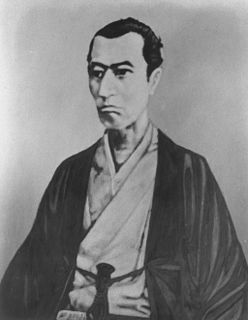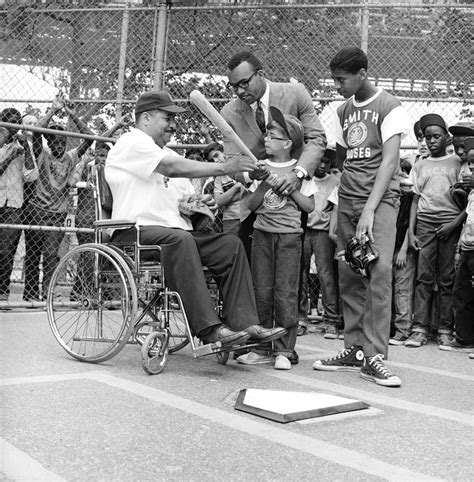A Quote by Walter Benjamin
Only for the sake of the hopeless ones have we been given hope.
Related Quotes
One thing you cannot know: The sudden extinction of every alternative, The unexpected crash of the iron cataract. You do not know what hope is, until you have lost it. You only know what it is not to hope: You do not know what it is to have hope taken from you Or to fling it away, to join the legion of the hopeless Unrecognized by other men, though sometimes by each other.
If a man has no worries about himself at all for the sake of love toward God and the working of good deeds, knowing that God is taking care of him, this is a true and wise hope. But if a man takes care of his own business and turns to God in prayer only when misfortunes come upon him which are beyond his power, and then he begins to hope in God, such a hope is vain and false. A true hope seeks only the Kingdom of God... the heart can have no peace until it obtains such a hope. This hope pacifies the heart and produces joy within it.
Feuerbach ... recognizes ... "even love, in itself the truest, most inward sentiment, becomes an obscure, illusory one through religiousness, since religious love loves man only for God's sake, therefore loves man only apparently, but in truth God only." Is this different with moral love? Does it love the man, this man for this man's sake, or for morality's sake, for Man's sake, and so-for homo homini Deus-for God's sake?


































